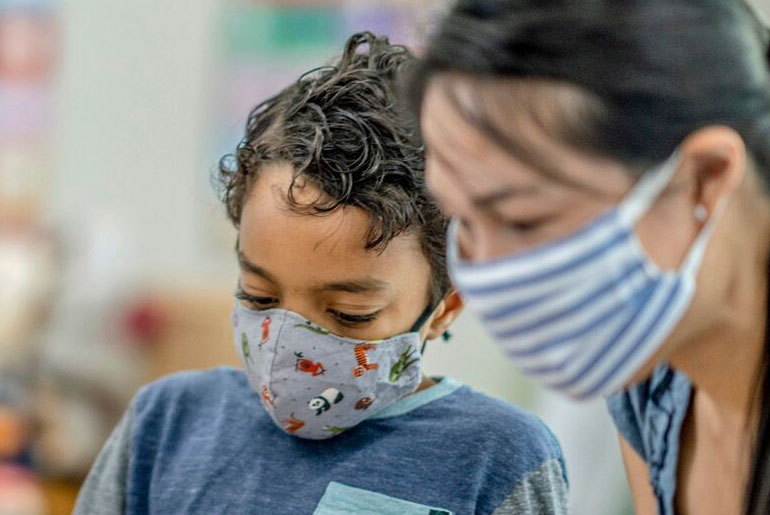A recent study published in JAMA Network Open has addressed concerns that babies born during the COVID-19 pandemic might have an increased risk of developing autism. Conducted by researchers at Columbia University Irving Medical Center in New York City, the study examined nearly 2,000 toddlers aged 16 to 30 months, comparing those born before and during the pandemic.
Key Findings
- No Increased Risk of Autism: The study found no significant difference in the rates of positive autism screenings between toddlers born before the pandemic and those born during it. This challenges previous assumptions that the stress and circumstances of the pandemic might negatively impact child development.
- Lower Positive Screenings Among Infected Mothers: Interestingly, the research indicated that children whose mothers tested positive for COVID-19 during pregnancy showed lower rates of positive autism screenings compared to those whose mothers had not been infected.
- Use of Screening Tool: To assess early signs of autism, researchers utilized the Modified Checklist for Autism in Toddlers, Revised (M-CHAT-R), a parent-report questionnaire designed to identify children who may need a more thorough evaluation for autism spectrum disorder.
- Reassurance from Findings: Senior author Dani Dumitriu, an associate professor of pediatrics and psychiatry, noted that although various prenatal insults, such as infection and stress, typically increase autism risk, the study found no evidence of an uptick in autism rates among pandemic-era children. This finding is particularly reassuring as children in utero during the pandemic are now reaching the age where early indicators of autism typically emerge.
Implications
The researchers emphasized that while there had been widespread speculation about the development of the COVID generation, this study provides important initial insights regarding autism risk. Dumitriu highlighted that the lack of observed increases in autism screenings in children exposed to the prenatal environment of the pandemic is a positive outcome, reassuring both parents and healthcare providers.
This study offers a significant reassurance regarding the developmental outcomes of children born during the pandemic, indicating that, at least concerning autism risk, they are not adversely affected by the stressors associated with the COVID-19 health crisis.
Disclaimer:
The information contained in this article is for educational and informational purposes only and is not intended as a health advice. We would ask you to consult a qualified professional or medical expert to gain additional knowledge before you choose to consume any product or perform any exercise.







